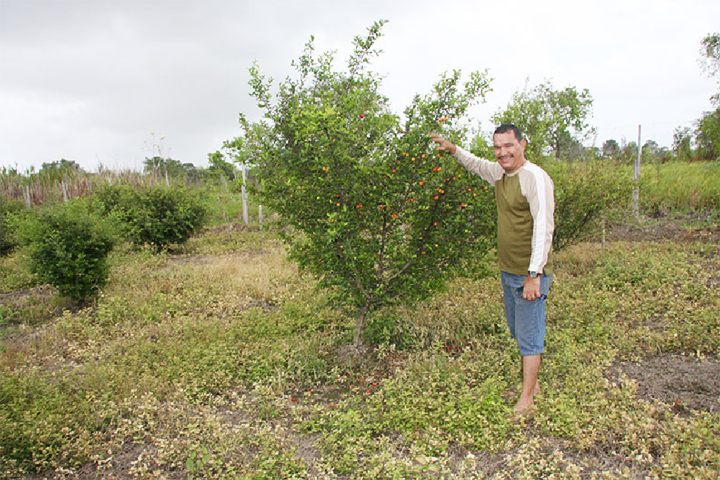These days, as an increasing number of entrepreneurs seek to market health and wellness as a viable commodity, the demand for fresh fruit and the juices derived therefrom continues to grow at an impressive pace.
While the more costly, more elaborate marketing that has come to be associated with aerated beverages means that the further popularisation of fruit juices will require still more investment, the market continues to grow at an impressive rate.
The municipal markets tell the tale. As recently as 30 years ago, tropical fruit trees were the purview of the neighbourhood boys, whether they grew in the yard next door or in the nearby backdam. In those days there was no great gain to be had from selling fruit in the local market.
That has changed. Issues of health and affordability have made fruit juices the most sought-after beverage locally, among mothers of school-age children and among business houses, reaching for a wider market. The demand has grown beyond the supply capacity of the available trees so that in order to sustain their ventures

